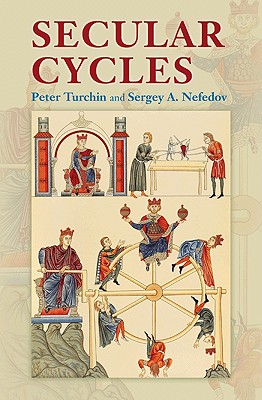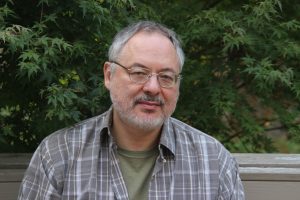

 Princeton University Press
Princeton University Press
Secular Cycles


Key Metrics
- Peter Turchin
- Princeton University Press
- Hardcover
- 9780691136967
- 9.52 X 6.42 X 1.08 inches
- 1.46 pounds
- Social Science > Demography
- English
 Secure Transaction
Secure TransactionBook Description
Many historical processes exhibit recurrent patterns of change. Century-long periods of population expansion come before long periods of stagnation and decline; the dynamics of prices mirror population oscillations; and states go through strong expansionist phases followed by periods of state failure, endemic sociopolitical instability, and territorial loss. Peter Turchin and Sergey Nefedov explore the dynamics and causal connections between such demographic, economic, and political variables in agrarian societies and offer detailed explanations for these long-term oscillations--what the authors call secular cycles.
Secular Cycles elaborates and expands upon the demographic-structural theory first advanced by Jack Goldstone, which provides an explanation of long-term oscillations. This book tests that theory's specific and quantitative predictions by tracing the dynamics of population numbers, prices and real wages, elite numbers and incomes, state finances, and sociopolitical instability. Turchin and Nefedov study societies in England, France, and Russia during the medieval and early modern periods, and look back at the Roman Republic and Empire. Incorporating theoretical and quantitative history, the authors examine a specific model of historical change and, more generally, investigate the utility of the dynamical systems approach in historical applications.
An indispensable and groundbreaking resource for a wide variety of social scientists, Secular Cycles will interest practitioners of economic history, historical sociology, complexity studies, and demography.
Author Bio
Peter Turchin is a complexity scientist who works in the field of historical social science that he and his colleagues call Cliodynamics. His research interests lie at the intersection of social and cultural evolution, historical macrosociology, economic history, mathematical modeling of long-term social processes, and the construction and analysis of historical databases.
Currently he investigates a set of broad and interrelated questions: How do human societies evolve? In particular, what processes explain the evolution of ultrasociality—our capacity to cooperate in huge anonymous societies of millions? Why do we see such a staggering degree of inequality in effectiveness of governance and economic performance among nations?
Peter has published two hundred articles, including a dozen in such top journals as Nature, Science, and PNAS (see Academic Publications). His publications are frequently cited and in 2004 he was designated as “Highly Cited Researcher” by ISIHighlyCited.com.
He has authored eight books (see Books), including
- Secular Cycles (with Sergey Nefedov, Princeton, 2009), War and Peace and War (Penguin, 2005),
- Ultrasociety: How 10,000 Years of War Made Humans the Greatest Cooperators on Earth and
- Ages of Discord: A Structural-Demographic Analysis of American History.
Source: PeterTurchin.com
Videos






Community reviews
Write a ReviewNo Community reviews